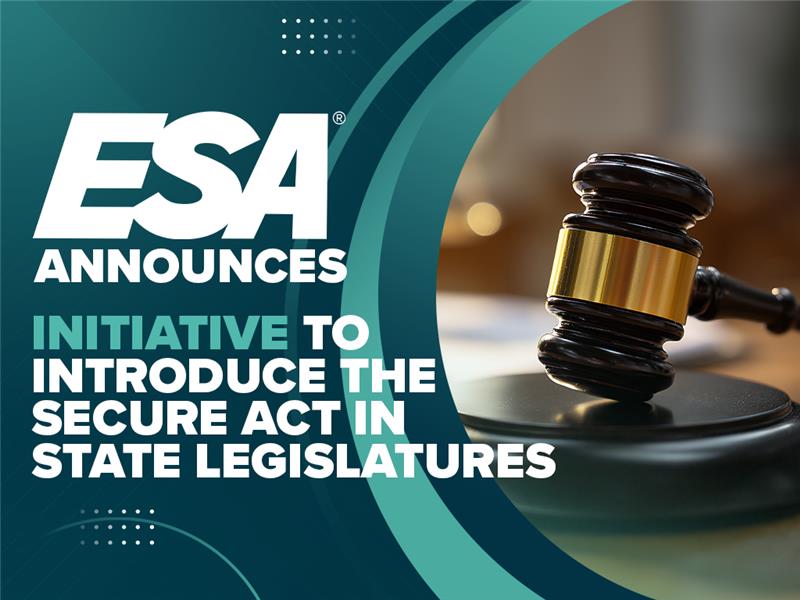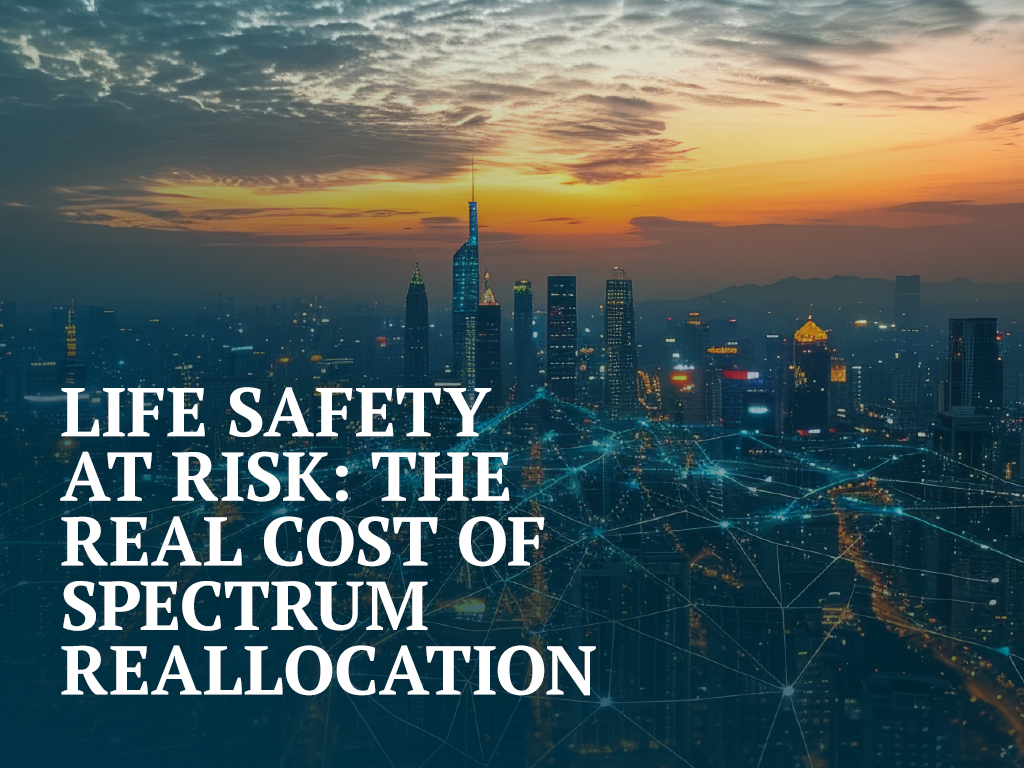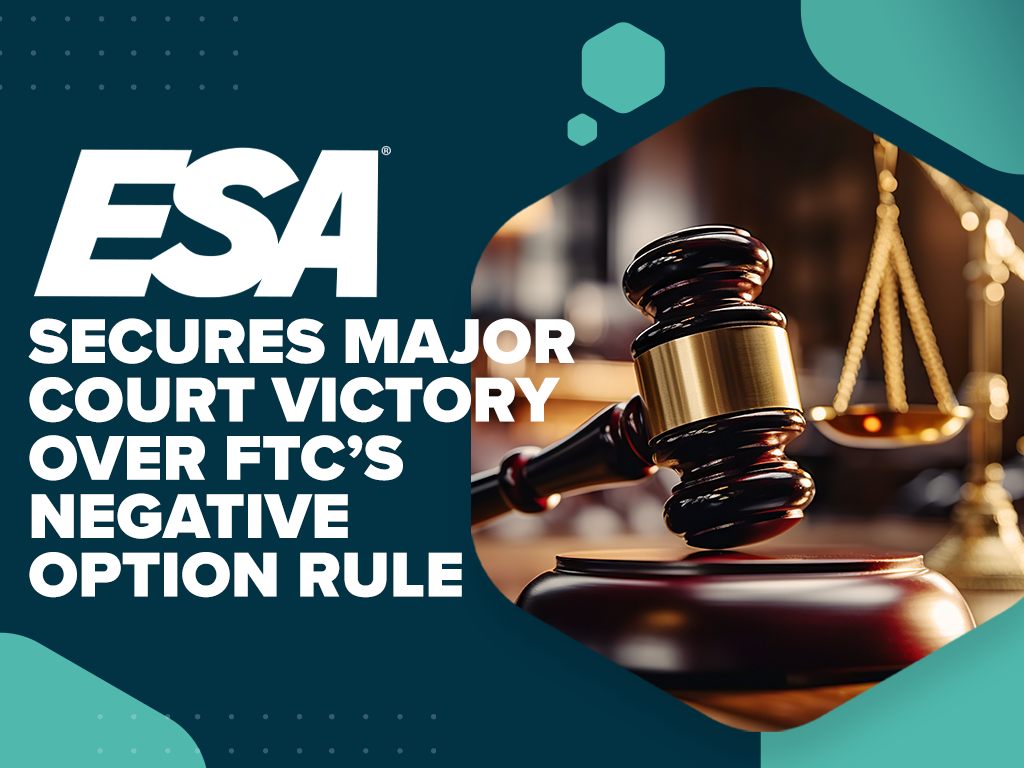How the Next Election Will Matter
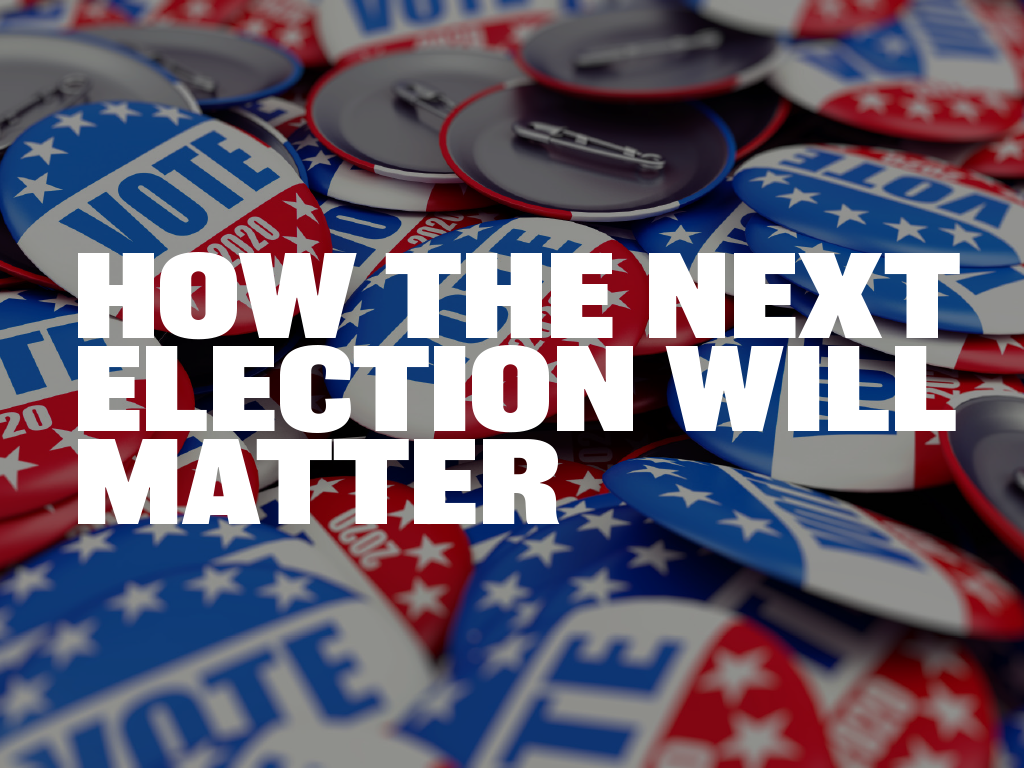
Every four years we hear something along the line, “this is the most important election of our lifetime.” Well, this may or may not be true for the coming presidential election, but it is worth taking a look at the legislative and regulatory landscape we will face as an industry depending on the outcome in November. Red wave, blue wave or purple, we need to know what we should expect from states and Washington, D.C. on the following key issue areas.
Independent Contractor vs Employee
California is now the focal point for a recently passed bill (AB 5) that has Uber and Lyft threatening to turn their apps off and leave the state. Not only that, many businesses that heavily rely on independent contractors to fulfill their demand might have to choose between losing business and customers for lack of labor or forcing increased costs for employee benefits on to their customers and consumers.
Commonly referred to as the “ABC Test,” the criteria for determining an independent contractor in California is written in such a way that it will be very difficult for electronic security businesses to use independent contractors in a traditional way. While not targeted in the bill, it is clear the fallout will have a huge impact on many industries if this legislation stands as written. Watch for similar legislation in more states in 2021.
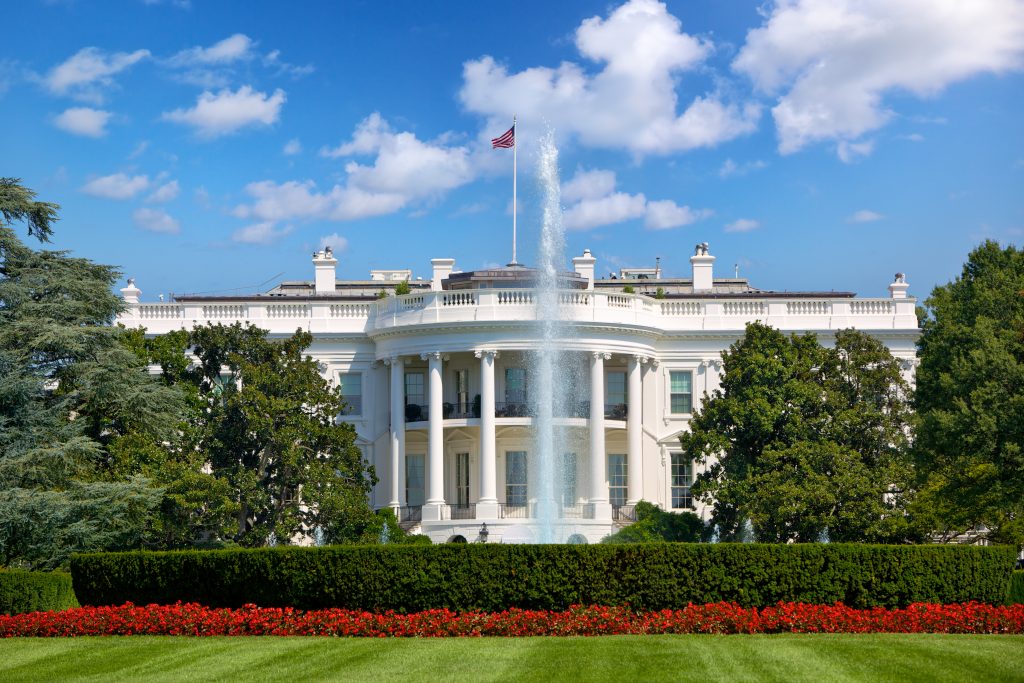
Occupational Licensing
We will continue to see legislation that would open access to occupational licensing by curtailing criminal history consideration, education, training or licensing costs. For reasons related to limiting the role of government in regulation, these bills are often supported by more conservative legislators. The challenge will be maintaining balance. In the electronic security and life safety industry, there is consensus that some form of licensing and vetting is necessary for public and consumer safety. Certain skills should be required, but requirements should also be limited to the skillsets needed.
Biometric Identification
Biometric identification is developing at a rapid pace and is becoming more widely utilized in access control, perimeter security, public safety and travel among many other uses. It is ubiquitous in many conveniences we often don’t consider, such as unlocking our smart phones, entering the gym, getting into secured areas of a building, or passing more quickly through airport security.
But biometric identification is under attack in state legislatures and in some quarters of Congress. While there are alliances on both sides of the aisle for this issue, it will be incumbent upon our industry and others aligned with us to make the case that this technology provides far more benefits than risks. The technology is proven, and while guardrails are reasonable, moratoriums are not.
“…it is worth taking a look at the legislative and regulatory landscape we will face as an industry depending on the outcome in November.”
The Economy and COVID
Many dominoes will fall depending on the outcome of stimulus bills, a vaccine or a decline in COVID cases and deaths. But what all this means for the electronic security and life safety industry largely depends on where your business is located and conditions under which you must operate. I empathize deeply for those caught between civil unrest, riots, defunded police departments and COVID orders that have left many businesses permanently shuttered. My hope is calm will eventually be restored, the virus will dissipate, or a vaccine will alleviate fear. I hope that those elected will work more collaboratively. I don’t expect it, but I can always hope.
Be Safe and Vote!

